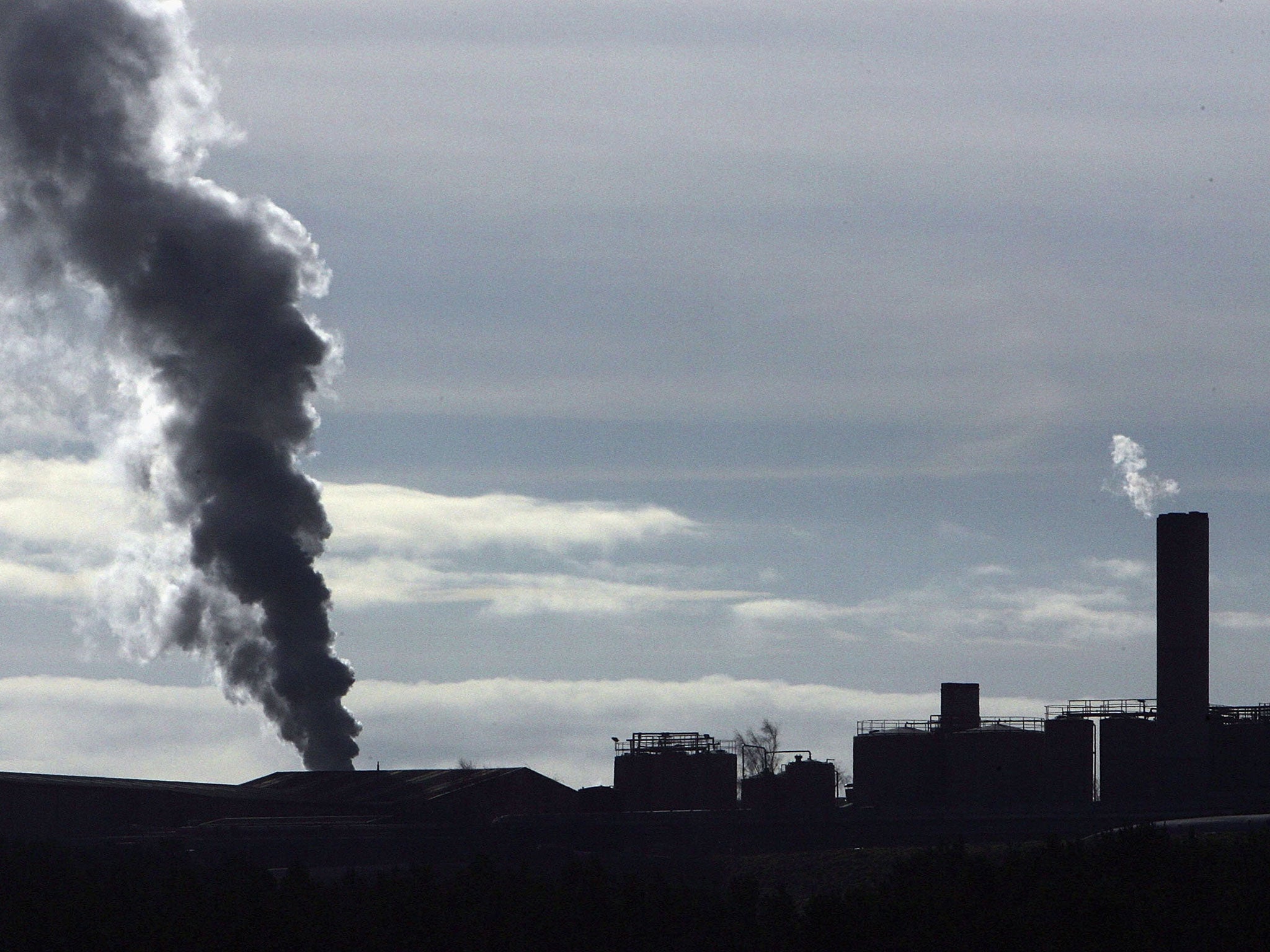UK incinerator plans? They're just rubbish
As garbage-burning plants proliferate, Britain could end up with too little waste to put in them

A wave of new publicly-funded incinerators being built to burn rubbish could be mothballed before they are even turned on, amid claims there will not be enough waste to fuel them.
The Department for Environment and Rural Affairs (Defra) has begun withdrawing funding for new incineration plants with predictions there will be nothing for them to burn. Support for a scheme in Liverpool was withdrawn last month, following the removal of funding for projects in North and West Yorkshire.
The UK already has 32 rubbish incinerators but plans for 100 new ones are in the planning stages with local authorities around the country. The rush to build the new plants is rooted in the idea that they can be a cheaper alternative to sending rubbish to landfill, while creating renewable energy at the same time.
Thirty seven percent of the 23 million tonnes of household refuse generated in the UK each year currently ends up dumped in landfill.
Among the champions for incineration is Johnny Ball, the TV presenter who popularised science in the 1980s, said: "Almost every European country, with the exception of the UK, has long since realised that one good way to cut down the burning of fossil fuels is to burn waste instead. Waste is free, in that we have to collect it anyway."
But in building scores more incinerators, critics claim Britain is in danger of repeating mistakes made by the Netherlands and Germany, both of which have proved unable to find enough rubbish to fuel them. The Dutch rely on imported waste – some from the UK – to fuel their plants.
As early as 2015, the UK could have underused incinerators, according to a report by the waste consultants Eunomia. It estimates that unless the UK dramatically increases the amount of rubbish for incineration, there will be insufficient material to burn when the new plants open. Critics argue that rapid improvements in rubbish recycling will add to the lack of demand for incineration. They fear the UK could be forced to import waste from abroad to fuel the incinerators or even close them before they have even opened.
Many of the proposed incinerators are being planned in the face of widespread opposition from residents. Hundreds of protesters attended the opening last week of a public inquiry into plans to build a £500m waste incinerator in King's Lynn, Norfolk. Opponents are challenging the county council's plan on health grounds and are also demanding to know where the rubbish to fuel the plant will come from.
Campaigners say Norfolk's recycling rate could increase by almost 50 per cent without the need for the plant at Saddlebow, King's Lynn, at which the county council is proposing to burn more than 170,000 tons of rubbish annually. The county's recycling rate was more than 45 per cent last year.
Mike Knights of Kings Lynn Without Incineration said: "My own position when I first looked at the project was that it would get rid of waste to produce electricity. It does sound like a good thing to do.
"But when you appreciate how inefficient it is, the side effects that are still present even with modern technology – I use that term loosely – and if you look at the other options and simply change the way waste is collected, you could drastically reduce any potential justification for this."
Defra says it is already moving to curb the overcapacity threat. A spokeswoman said: "We are unlikely to experience the overcapacity that occurs in some EU countries.
"Basing waste treatment capacity projections on the projects that are currently in planning is inaccurate because there is a chance that not all the plants will actually be built."
Join our commenting forum
Join thought-provoking conversations, follow other Independent readers and see their replies
Comments
Bookmark popover
Removed from bookmarks